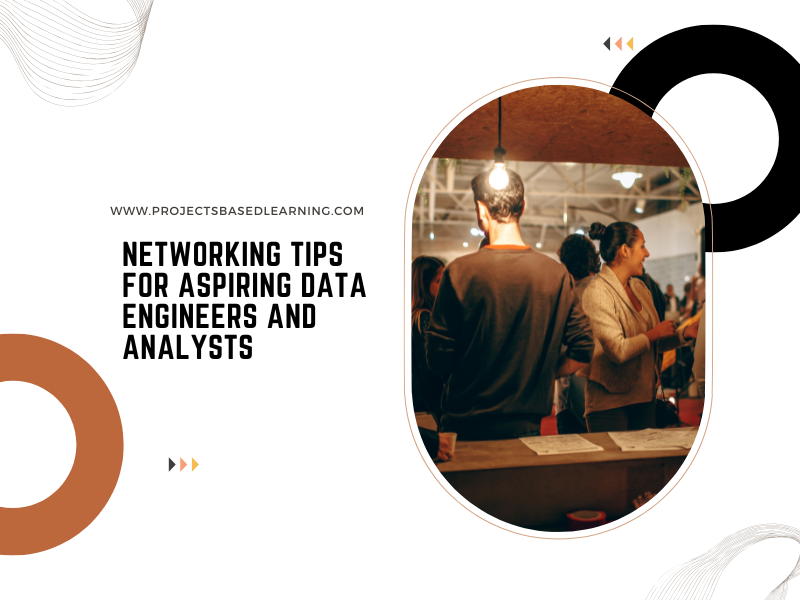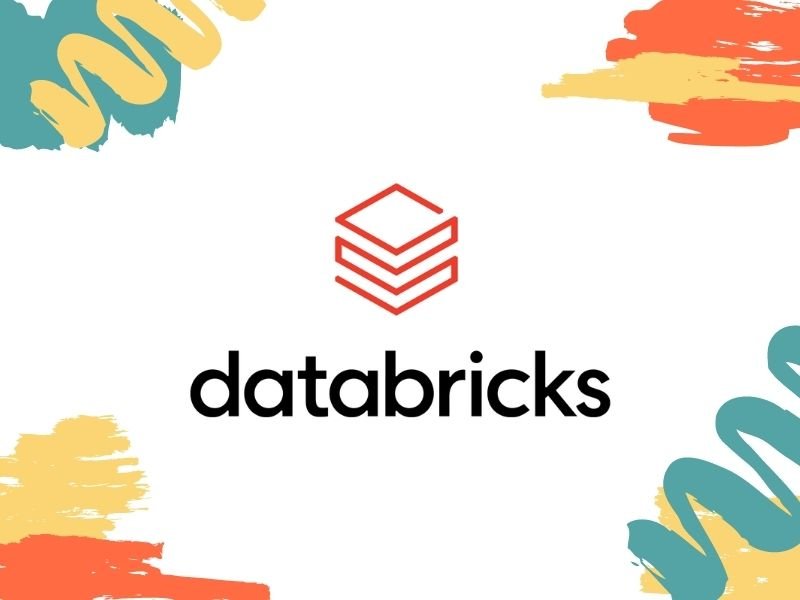Breaking into data engineering and analytics can feel overwhelming — especially when you see so many skilled professionals already in the field. Technical skills like SQL, Spark, or Python are essential, but what often gives aspiring data engineers and analysts an edge is networking.
Networking is not just about handing out business cards or sending random LinkedIn requests; it’s about building authentic relationships that open doors to mentorship, job opportunities, collaborations, and continuous learning.
In this blog, we’ll cover why networking matters, where to network, and practical tips to build and maintain professional connections as an aspiring data engineer or analyst.
Why Networking Matters in Data Careers
Access to Hidden Opportunities
Many jobs in data engineering and analytics aren’t even advertised publicly. Referrals and internal recommendations often lead to interviews much faster than cold applications.Learning from Practitioners
Data engineering and analytics tools evolve rapidly (think Snowflake, Databricks, Apache Spark, dbt, Superset, etc.). Talking to peers and senior engineers gives you insider knowledge about what’s actually being used in production.Mentorship & Guidance
Experienced professionals can help you avoid common pitfalls, recommend learning paths, and even guide you through interviews.- Building Your Personal Brand
The more you engage in professional communities, the more people recognize your name and associate it with knowledge-sharing, which can help you stand out.
Where Aspiring Data Engineers & Analysts Should Network
1. LinkedIn
Optimize your LinkedIn profile with keywords like Data Engineer, SQL, Spark, ETL, or Analytics.
Follow thought leaders in data engineering (e.g., Databricks engineers, cloud architects).
Engage with posts — don’t just like them, but comment thoughtfully to show your perspective.
Share your projects (even small personal projects like building a Spark pipeline on Kaggle data).
2. GitHub & Open Source Contributions
Contribute to open-source tools like Apache Airflow, Superset, or Spark.
Even small contributions (documentation fixes, bug reports) can start conversations with senior engineers.
Showcase your own projects publicly — recruiters love to see proof of hands-on work.
3. Online Communities
Reddit: Join subreddits like r/dataengineering and r/analytics to learn and ask questions.
Slack & Discord Groups: Many data engineering communities have active chat groups where members share job openings and host Q&A sessions.
Kaggle & Hackathons: For analysts, Kaggle competitions are a great way to meet peers and practice skills.
4. Meetups & Conferences
Attend local tech meetups (search on Meetup.com for Big Data, Spark, Analytics, or Machine Learning groups).
Conferences like Data + AI Summit, ODSC (Open Data Science Conference), and PyData are excellent for networking with industry experts.
Don’t just attend — ask questions, join workshops, and connect with speakers afterward.
5. Workplace & Alumni Networks
If you’re in a different tech role (developer, tester, system admin), talk to your company’s data team. Internal networking can help you pivot roles.
Connect with alumni from your university who work in data-related roles — they’re often willing to help fellow graduates.
Practical Networking Tips
1. Start with Genuine Curiosity
Instead of asking “Can you refer me to a job?”, ask something like:
👉 “I saw you work on data pipelines at XYZ. I’m curious — what tools do you use for orchestration and why?”
This makes the conversation about learning, not just extracting value.
2. Leverage Informational Interviews
Reach out politely on LinkedIn/email:
“Hi [Name], I’m aspiring to become a data engineer. I’d love to learn about your journey into the field. Would you be open to a 15-minute chat?”Prepare 2–3 thoughtful questions (about career paths, skill priorities, or project challenges).
3. Give Before You Ask
Share useful articles, datasets, or code snippets.
Help peers review resumes or debug code.
People remember those who contribute to the community.
4. Maintain Relationships
After a call or event, follow up with a thank-you message.
Engage with their future posts (without spamming).
Update your connections about your progress (“I just completed a Spark project and blogged about it”).
5. Document & Share Your Learning Journey
Write blogs on Medium or LinkedIn about what you’re learning (e.g., “Building My First ETL Pipeline in Apache Spark”).
Create YouTube tutorials explaining data concepts simply.
This attracts like-minded professionals who may reach out to you.
6. Be Consistent
Networking is a marathon, not a sprint. Even 15–20 minutes per day engaging with your network compounds over time.
Example Networking Script for LinkedIn
Here’s a simple template you can adapt:
Hi [Name], I came across your profile while exploring data engineering careers. I’m currently learning [SQL/Python/Spark] and was really inspired by your work on [specific project/tool]. I’d love to connect and learn more about your journey.
Common Mistakes to Avoid
❌ Sending mass, generic connection requests
❌ Asking for a referral in the first message
❌ Only networking when you need a job
❌ Ghosting after someone helps you
❌ Treating networking as transactional
Remember: people are more likely to help when they feel a genuine connection.
Final Thoughts
Networking isn’t about collecting contacts; it’s about cultivating relationships. As an aspiring data engineer or analyst in 2025, your network can become one of your strongest career assets. Combine technical skill-building with authentic networking, and you’ll unlock opportunities that job portals alone can’t offer.
Start small — comment on posts, join a Slack community, or message one professional this week. Over time, these small steps can lead to mentorships, collaborations, and your next big career break.

